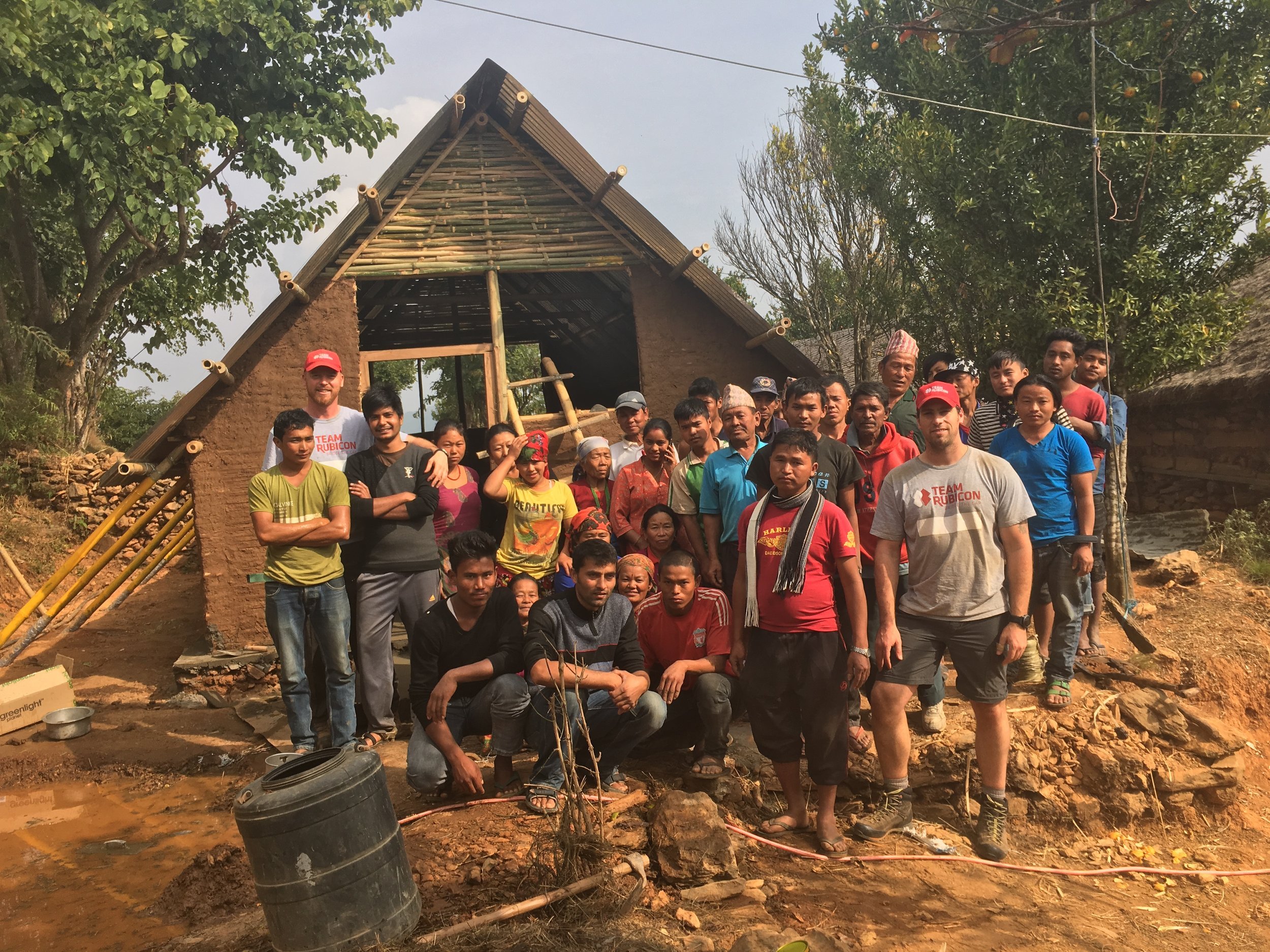~ Field Notes ~

Bridging the gap - my experiences helping to rebuild Nepal after the 2015 earthquake.
In November 2015, several months after the earthquake - I fly to Nepal with Tim, Umesh and Matt – all veterans at various stages of their own rehabilitation. I use this word carefully as leaving the military isn’t something you can ever prepare for. It’s scary, intimidating and stressful – essentially changing everything about your life in a 12-month period. The effects, of which, are still felt many years afterwards.

Bikepacking the Eurovelo 11 route across Estonia
The Eurovelo cycling routes are one of Europe’s best kept secrets. Waymarked by blue signs with occasional directions to the next town, the routes criss-cross European countries.
The entire Eurovelo 11 route is c.6500 kilometres, starts at Nordkapp (the most northerly point in Europe) and finishes at the southern tip of Greece, covering 11 countries on the route. It’s apparently referred to as ‘the Beast of the East’ (according to the official website) and completing it in stages is quickly becoming a personal goal.

Bikepacking expedition 3: first multi-day test ride for the Eurovelo 11 attempt
My third bikepacking trip is a test ride for a big multi-day trip I want to do later in summer that would see me riding all the way across Estonia following the Eurovelo 11 cycling route towards the end of summer when the weather has got a little cooler. It would be 500 kilometres (c.300 miles) so I will need to be used to spending multiple days out on the road.

My first bikepacking expedition - Riding to Keila waterfalls near Tallinn, Estonia
In my quest to train for the Silk Road Mountain Race, I decided to squeeze in an 80-kilometre, 2-day mini bikepacking expedition during the week to test out my bike’s setup, find gaps in my preparation, build conditioning and more fitness, experience Estonia’s summer temperatures, and see what kit I might need for bigger bikepacking trips (like tackling the 500-kilometre Eurovelo 11 route that I want to do later this year).

How can we make adventure more sustainable?
I understand the benefits of adventure, increased social mobility by widening your social circle and professional network, education, life skills, increased resilience – the list goes on. However, how can we access these huge opportunities knowing that we’re contributing to an unsustainable way of living.

How slow adventures can be good for your career and mental health.
When you’re so intensely focussed on your career or family, your attention to where you are in life can go unchecked. For some people, this lack of checking-in with yourself can last years or even decades. For others, they check in too often and it stops progression forward and upwards. I think this ‘analysis paralysis’ can be a cause of unhappiness for some.
Taking a sabbatical to row across an ocean, cycle across a country (or continent), or run across a desert, might seem like unhelpful to some, but I think it can be useful in ways we don’t really consider.

What it's like to take on the Devizes-to-Westminster canoe race.
It’s 3am and a voice calls my name from the darkness. It’s quiet at first, muffled by a scarf wrapped tightly around my head to keep me warm because I’m still soaking wet and bitterly cold.
“Chris – you’re steering us towards the bank”.
I groan, and think to myself “I’ve just fallen asleep again – how does this keep happening? The quiet voice is right, I have just knocked the steering handle of our 2-man kayak towards the mud bank. And if I don’t do something about it, we’ll collide and potentially put a hole in the hull, meaning we’d be out of the race.
On second thoughts, maybe that’s not such a bad thing..
